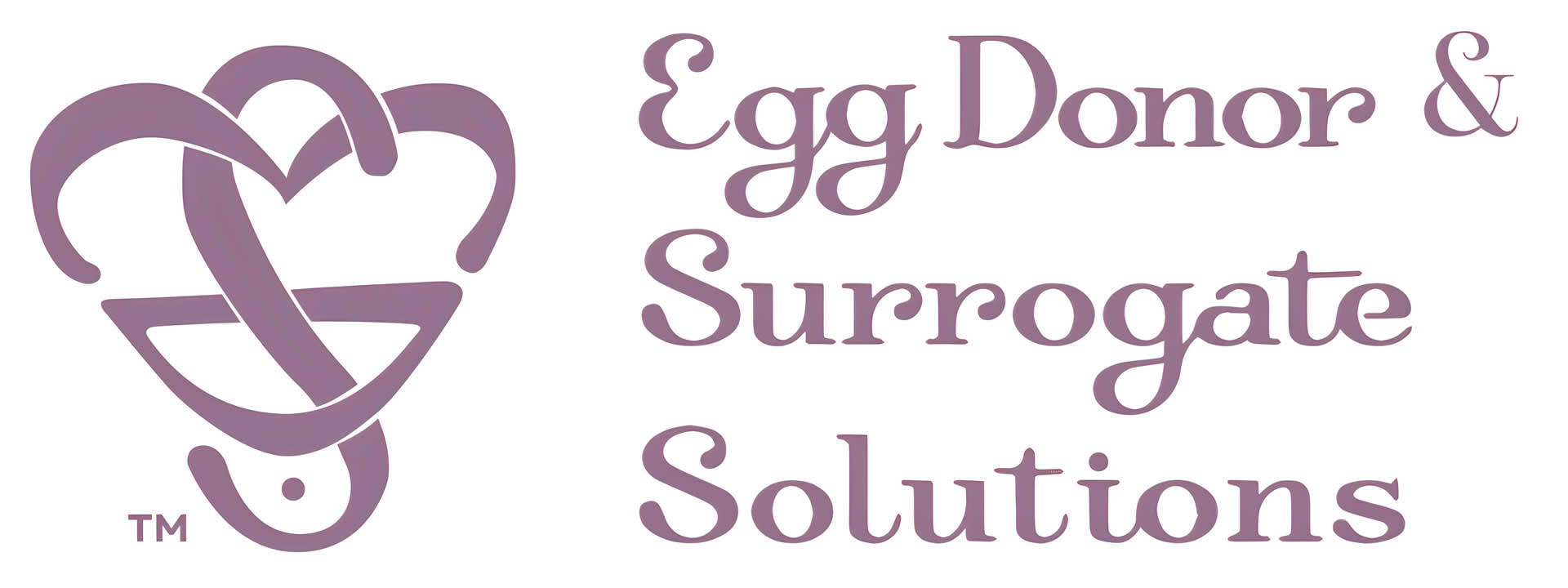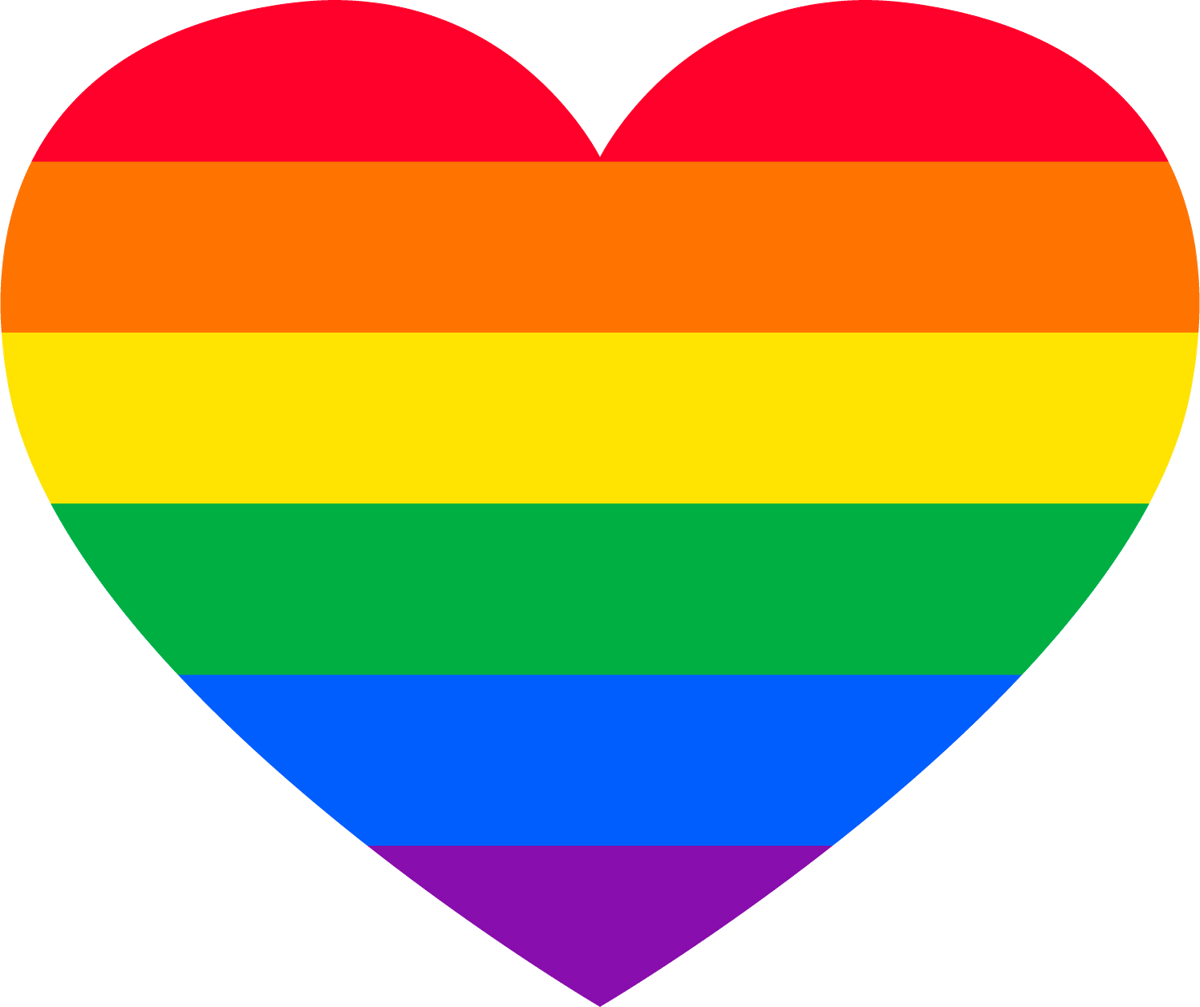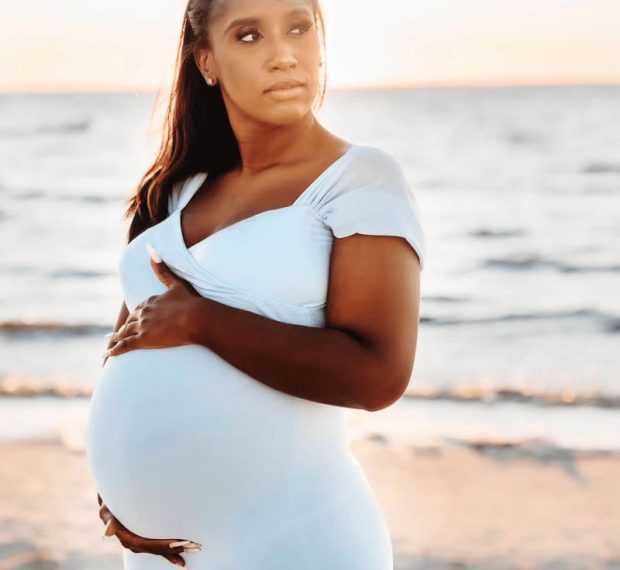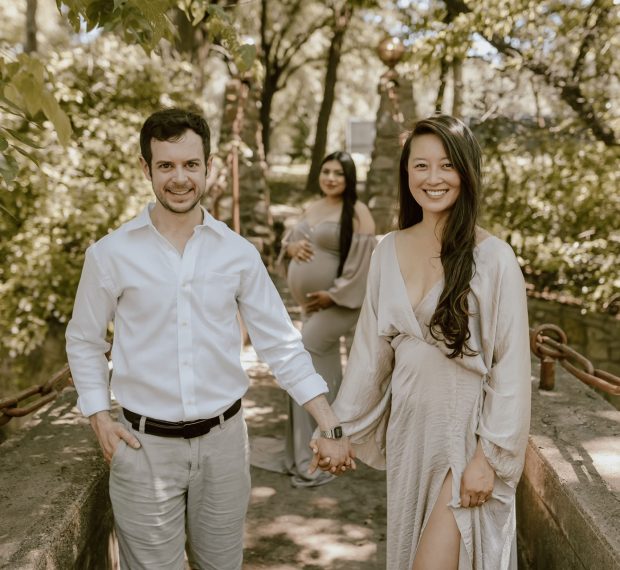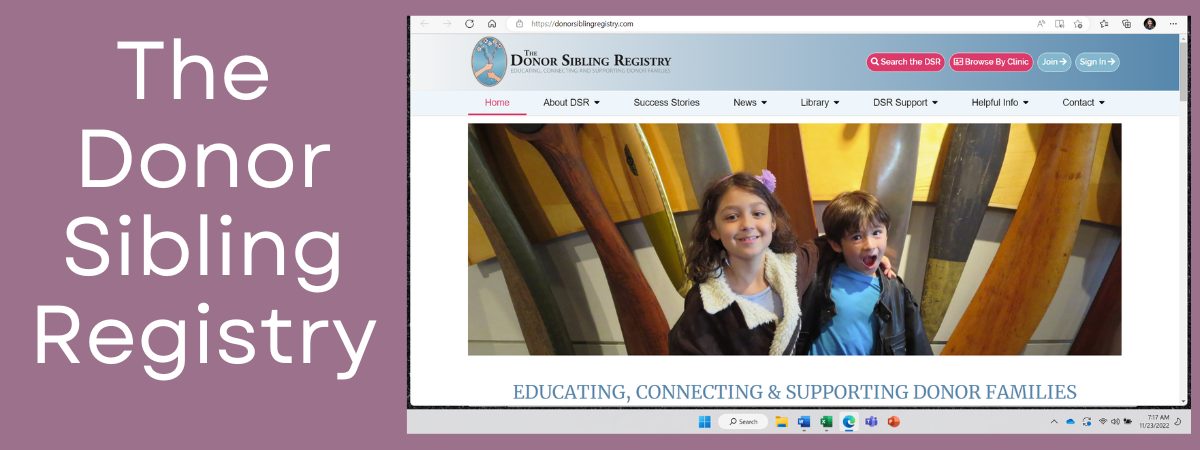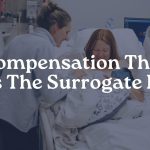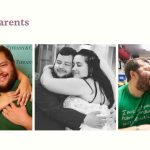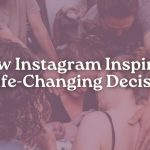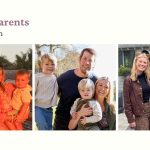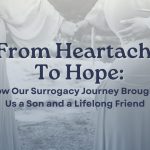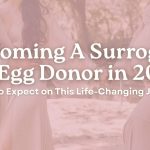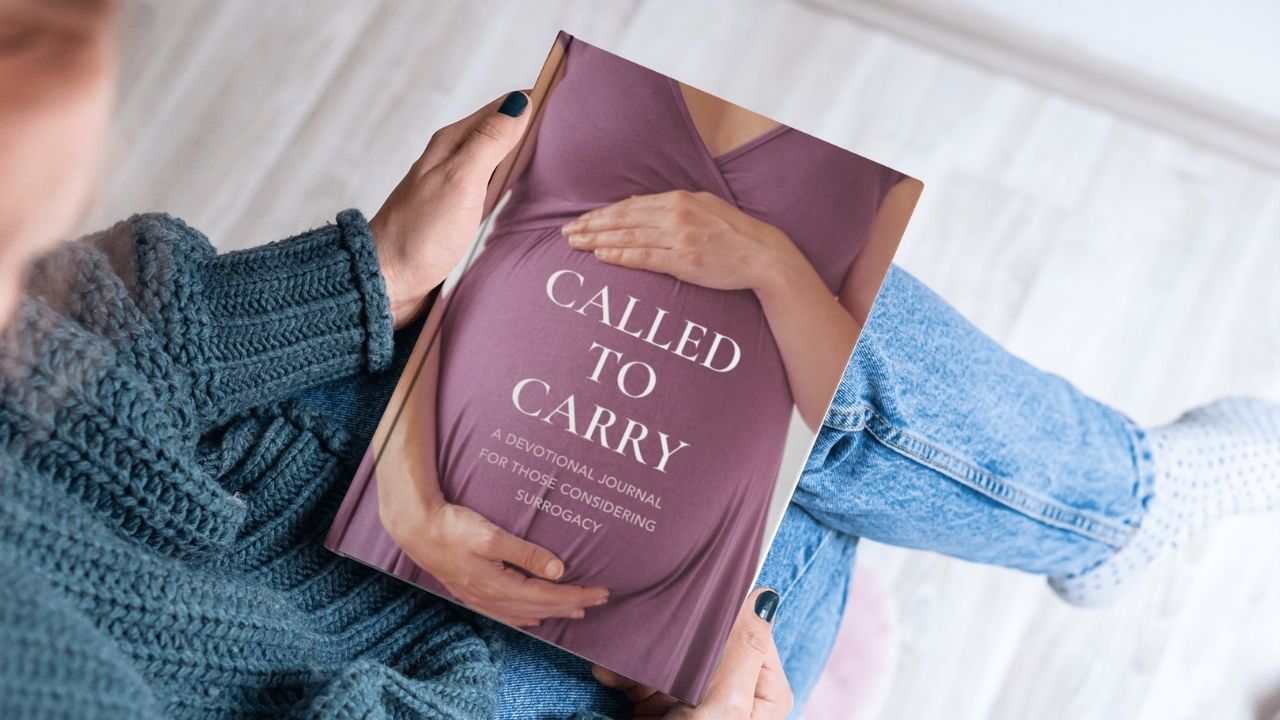The Donor Sibling Registry (DSR) is a nonprofit organization founded in 2000 to assist individuals conceived as a result of sperm, egg or embryo donation who are seeking to make mutually desired contact with others with whom they (or their children) share genetic ties. The DSR has more than 75,000 members worldwide and has facilitated thousands of connections between donors, donor-conceived individuals, genetic siblings and intended/recipient parents (on behalf of their children).
At Egg Donor & Surrogate Solutions (ED & SS), we educate intended parents (IPs) and egg donors about the importance of future contact and how the DSR can help facilitate this contact while still allowing both parties to keep their personal identity private, if that is their desire. We strongly encourage IPs to have the DSR included in their direct donor agreement, so they have a way to reach out to the donor for medical updates and questions or in the event their child(ren) want to connect with the donor at some point.
“More and more, we are hearing from IPs that they want their children to have the option to contact the donor in the future, and most donors are open to having contact,” says ED & SS Executive Director Katy Encalade. “As an agency, we are committed to caring and advocating for everyone involved in the egg donation triad – IPs, donors and the donor-conceived people who are born through this process.”
Below we outline three benefits of DSR.
- Access to current medical information
The medical information IPs receive about their donor is a snapshot of her family medical history at that point in time. Given that egg donors are in their 20s to early 30s, it’s likely their personal and family health information will change over time. The DSR includes a section for medical information where donors can post updates. In addition, parents can post health information about their children (as applicable) to be shared with donors and genetic half-siblings. - Connections with genetic siblings
Per the guidelines recommended by the American Society of Reproductive Medicine, egg donors can complete up to six donation cycles. Therefore, the probability of genetic half-siblings exists for many individuals born through egg donation. Through the DSR, you have the potential to match with other parents with whom you share the same donor so that you can know where they are located and connect with the families of your child’s genetic half-siblings. - Easing the burden on your child
Many donor-conceived individuals express a desire to know more about their genetic ancestry and some want to connect with their genetic relatives. By establishing a way to have contact with the donor and genetic siblings through the DSR, you can help ease the burden on your child so he or she does not have to pursue these connections on their own in the future.
Signing up for the DSR
Anyone can create an account and search the DSR database, but only members are able to add posts with photos and medical information, see the posts of those with whom they are matched, and contact matches through the site. At ED & SS, IPs pay the $199 permanent membership fee for both themselves and their donor.
If you choose to register with the DSR, your ED & SS Care Coordinator will guide you through the process of having the DSR included in the legal agreement, which will require the donor to keep her information current with the site. Your coordinator will also work with your donor to ensure she completes the steps necessary to register with DSR.
Maintaining your privacy
With the DSR, you maintain full control of your personal identity and the information you choose to share. All DSR users have a unique username, and communication is managed through the platform. You will be notified about new matches via email and when someone sends you a message through the platform. Your personal contact information will not be shared unless you choose to share it.
For more information, visit www.donorsiblingregistry.com or reach out to your ED & SS Care Coordinator.
